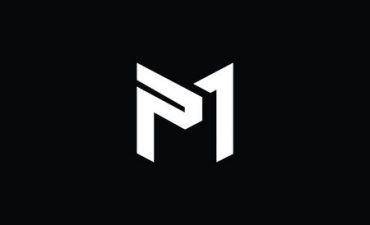Self-publishing has this taboo around it, so how have you grappled with that as a writer?
Oh, I totally agree. There was this taboo with my first book—like, “Nobody picked you. You didn’t make the cut, so is your work actually good?” It’s one of the reasons I was told to not self-publish, but either way, I was going to have to deal with the stigma surrounding self-publishing or never be published. At the end of the day, who would publish a 21-year-old brown Sikh girl’s poetry? Nobody. On the flip side of that, the success of having my book be a best seller was the problem of becoming too popular. Because the traditional literary community will be like, “Well, your work is not literature because you’re too accessible.” So I’ve learned a lot about that over the past eight years, and I think I’ve accepted that you won’t please everyone.
Some of the most famous poets upheld by the literary world have largely been white men. Although, there are so many noteworthy poets of color like Maya Angelou, Sonia Sanchez, and Audre Lorde. For you, how do you hope your work continues to challenge how we define what a poet is?
In my community, everyone’s a poet; everyone’s allowed to share. There’s no debate over whether it’s better to publish the hardcover or softcover of a book first to appeal to a specific audience. Poetry happens on the ground. It’s with the mothers, the fathers, and the children—it’s intergenerational. Poetry, for me, has always been something that is and should be accessible to everyone. It’s the language of human emotion. So I come from that world, trying to fit into a very traditional publishing world, and there’s been a clash. It was this constant, “But why do I have to prove myself to you?” And I’ve finally gotten to a place where I don’t feel I need to do that anymore. I don’t need to defend myself or think I’m doing things the “wrong” way. There’s no one right way to write poetry or one singular image of what a poet can be. After eight years and three books, I’m now at that point where I finally feel the most confident and powerful I’ve ever felt.
Speaking of feeling personally powerful, did it take time for you to get to that point as a writer? There’s pressure about how you’re “supposed” to write poetry, so how have you been able to detach yourself from how your work is perceived and step into your power as a writer?
I think it helped that I never wanted to be a writer. It’s not something I grew up thinking I wanted to work on. I started to do it because I loved it. When I began doing spoken word, I didn’t even see it as writing poetry. I called it storytelling. It was about connecting with the audience. So when I did finally begin to write poetry, it was in these abridged and condensed versions that I call peach pits. The poems you see on my Instagram or in my book are these short 10-word stanzas that are the antithesis of traditional poetry. And when I became popular, so many people were like, “This is not poetry,” or they thought it was so easy to write these short poems. But what people don’t know is that they start as 100 to 500 words, and like carving a peach, I remove the fuzz, the skin, and the meat around it until I can present my audience with just the peach pit. Can I make your stomach turn with just a few words? That’s always been the goal for me. I’ve never felt the need to stray from that because it’s an homage to the writing I grew up with. Long before I became an author, I grew up reading these short, condensed poems where the writers were very particular about the words they used, and no word was ever wasted. The poetry I read in high school never spoke to me, whereas my dad and I could spend hours discussing and dissecting a sentence that was only five words long. I thought that was really beautiful.
Source link

